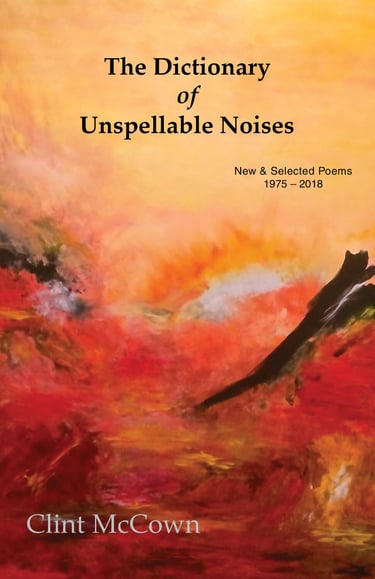Sometimes a Kitchen Sink Comes in Handy
Here’s the continuation I promised about the High Road Festival of Poetry and Short Fiction sponsored by Press 53. In Clint McCown's class, "Everything But the Kitchen Sink," we discussed how to know what to leave in - or take out - of a story.
4/12/20191 min read


While I had attended readings by Clint McCown during my time at Vermont College, he was not one of my advisors or workshop leaders. Better late than never! I’m glad I had the opportunity to spend three hours in a master class with him.
McCown’s class was a great follow-on to David Jauss’s. In the first class, we talked about the infinite possibilities that are always available to a story’s creator. Jauss warned of not shutting down creativity too soon, using an outline as a crutch rather than a springboard. In McCown’s class—titled Everything But the Kitchen Sink—he spelled out how to winnow that infinitude of choices, how to know, on revision, what to include and what to leave out. “Theme is the aboutnesss of a story,” McCown said. “If you know what your story is about, you know what belongs.” It may turn out that the kitchen sink is needed after all, but the microwave isn’t. Or vice versa.
Other food for thought: “Plot is the journey we take to get to know the characters.” “Setting is a missed opportunity for most writers. It should matter.” “People will always be more interesting than a roller-coaster.”
While McCown focused on fiction at the High Road Festival, he’s also a poet. Press 53 has published two books of his poetry, The Dictionary of Unspellable Noises: New and Selected Poems, 1975 – 2018 and Total Balance Farm.
